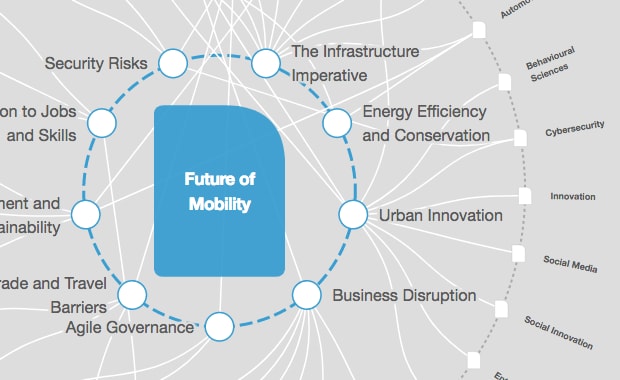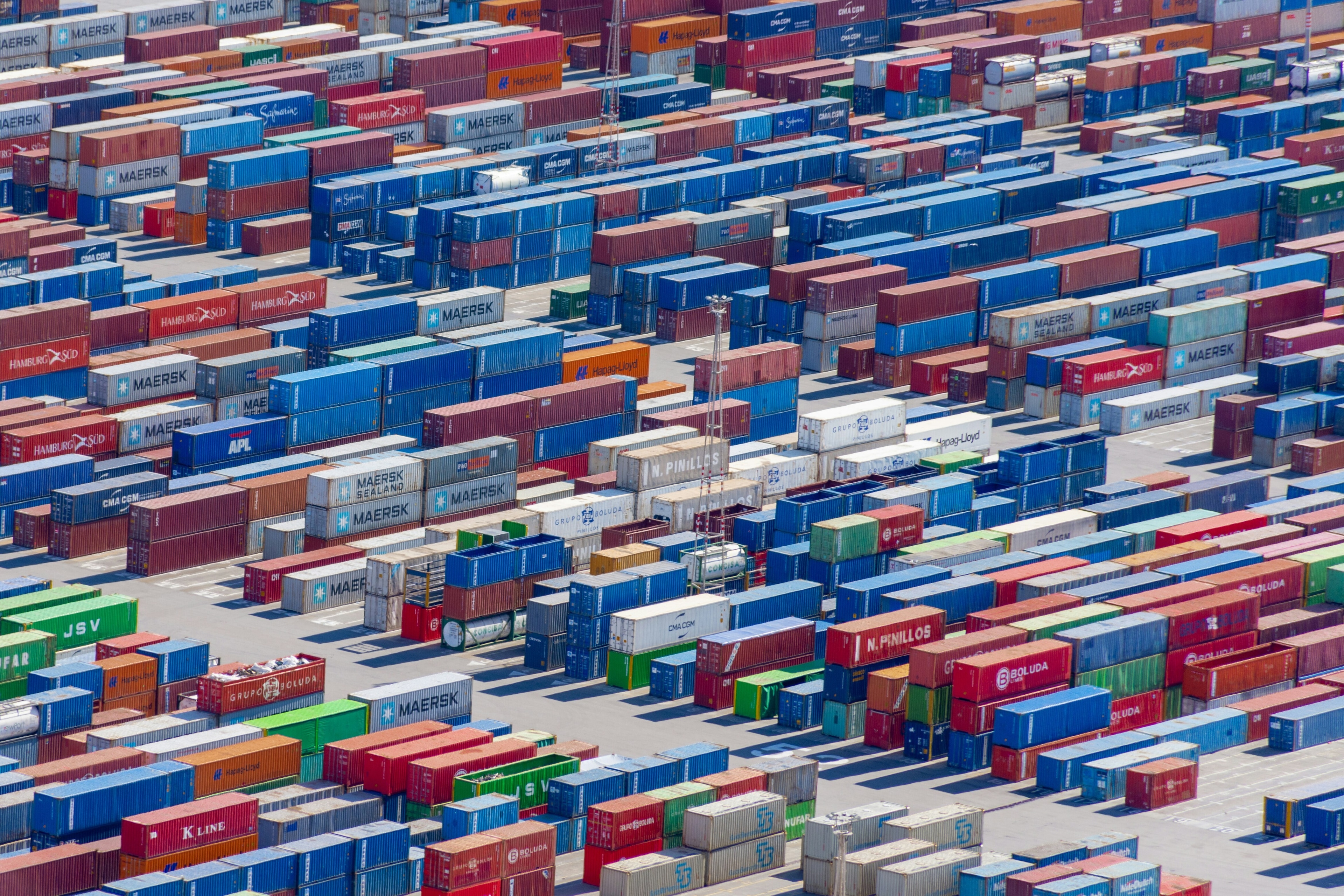Virgin Hyperloop shows off the future: mass transport in floating magnetic pods

The Hyperloop can travel up to 750mph. Image: REUTERS/Mike Blake
- The Virgin Hyperloop is developing the technology for passenger pods that will travel at speeds of up to 750 miles an hour.
- The pods will seat 28 passengers and could be customized for long and short distances, and for freight.
- Virgin Hyperloop is looking to first develop passenger routes in India, where the transport system is overloaded
In the desert just north of Las Vegas, a long white metal tube sits at the base of the mountains, promising to one day revolutionize travel.
That is where Virgin Hyperloop, whose partners include Richard Branson's Virgin Group, is developing the technology for passenger pods that will hurtle at speeds of up to 750 miles an hour (1,200 kph) through almost air-free vacuum tunnels using magnetic levitation.
"It will feel like an aircraft at take-off and once you're at speed," said co-founder and Chief Executive Josh Giegel, who gave Reuters an exclusive tour of the pod used in its November test run, where it was propelled along a 500 meter (1,640 ft)tunnel.
"You won't even have turbulence because our system is basically completely able to react to all that turbulence. Think noise-canceling but bump-canceling, if you will."
Off-white materials and a back mirror make the pod seem bigger and more "inviting" for new users, Giegel said.
"This pod was really the embodiment of 'How do we take something that's an idea and make it into something that's a reality for us to sit in?' Giegel said.
The pods will seat 28 passengers and could be customized for long and short distances, and for freight.

While it is still at an early stage, Giegel predicts commercial operations as early as 2027. It could be the first form of transport in 100 years to revolutionize travel, just like cars, trains and planes did, Giegel said.
Rocket scientist Robert Goddard came up with the "vactrain" idea in the early 1900s. France tried to develop the Aerotrain in the 1960s and 1970s, but lack of funding killed the project.
Entrepreneur Elon Musk reignited interest in 2013 by setting out how a modern system would work. Giegel, who worked at Musk's SpaceX at the time, said technology is now catching up.
The required batteries, power electronics and some sensors were previously not quite ready, Giegel said. "We're at like the very bleeding edge of what a high-speed autonomous battery-powered vehicle is."
Virgin Hyperloop is looking to first develop passenger routes in India, where the transport system is overloaded, and in Saudi Arabia, which lacks an infrastructure.
"It starts off with two people riding a Hyperloop. It ends with hundreds of millions of people riding on a Hyperloop and that's what the 2020s, the roaring 20s will be," Giegel said.
The pod will be on display at the Smithsonian Historic Arts and Industries Museum’s “FUTURES” exhibition in Washington in late summer.
Don't miss any update on this topic
Create a free account and access your personalized content collection with our latest publications and analyses.
License and Republishing
World Economic Forum articles may be republished in accordance with the Creative Commons Attribution-NonCommercial-NoDerivatives 4.0 International Public License, and in accordance with our Terms of Use.
The views expressed in this article are those of the author alone and not the World Economic Forum.
Stay up to date:
Mobility
Forum Stories newsletter
Bringing you weekly curated insights and analysis on the global issues that matter.
More on Supply Chains and TransportationSee all
Isabel Cane and Rob Strayer
November 13, 2025






